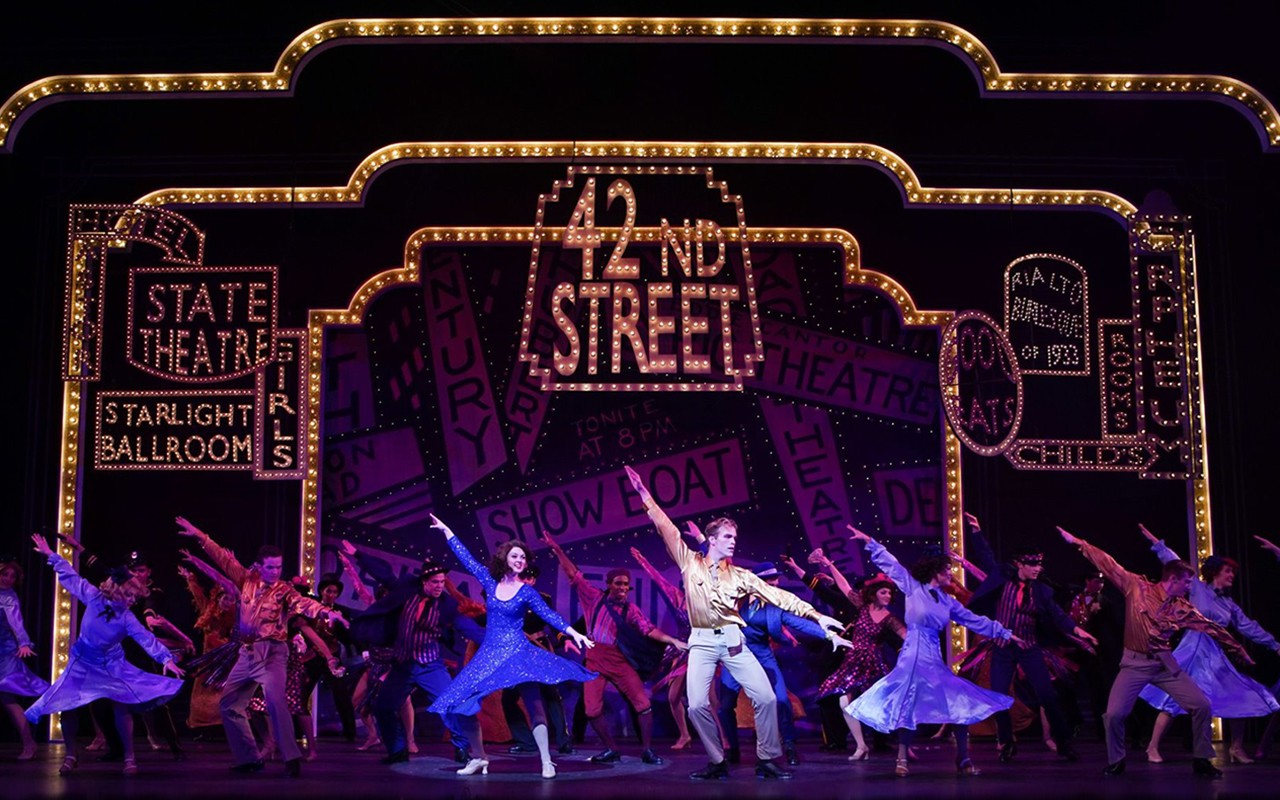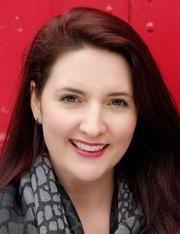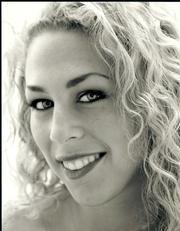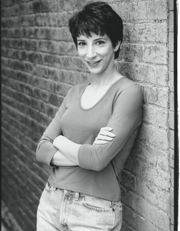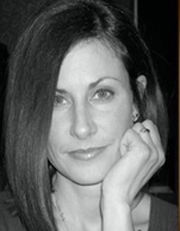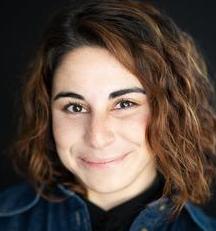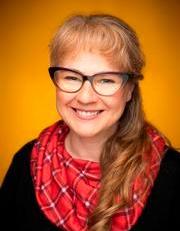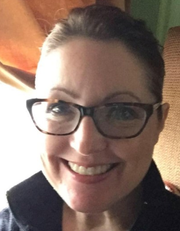Take a virtual tour of CCM’s world-class facilities
October 21, 2024
Tomorrow's performing and media arts professionals get their start at CCM. Enjoy this inside look at our campus! There’s no place like the UC College-Conservatory of Music's award-winning campus, but don’t just take our word for it. Enjoy our new video tour of CCM's world-class facilities from the comfort of your own home! Current CCM students Annalee Crosser, Yasmine Bougacha and Trey Durr act as your virtual tour guides, providing an inside look at the state-of-the-art classrooms, studios and performance facilities of the "CCM Village."
